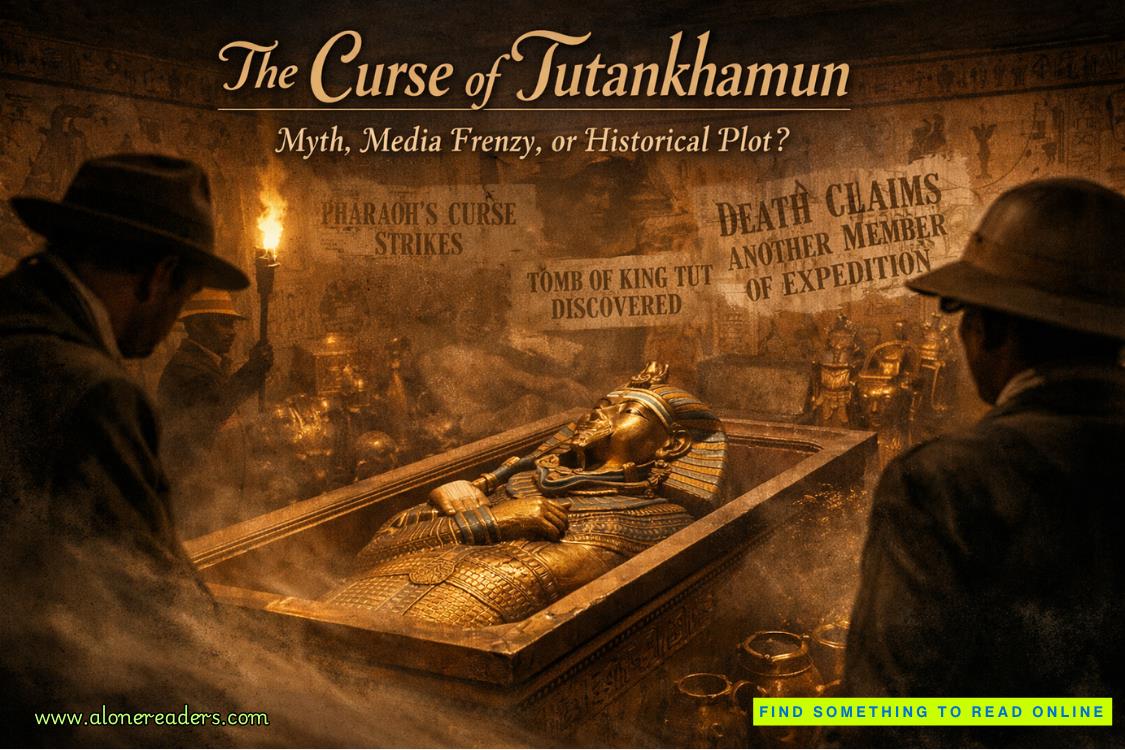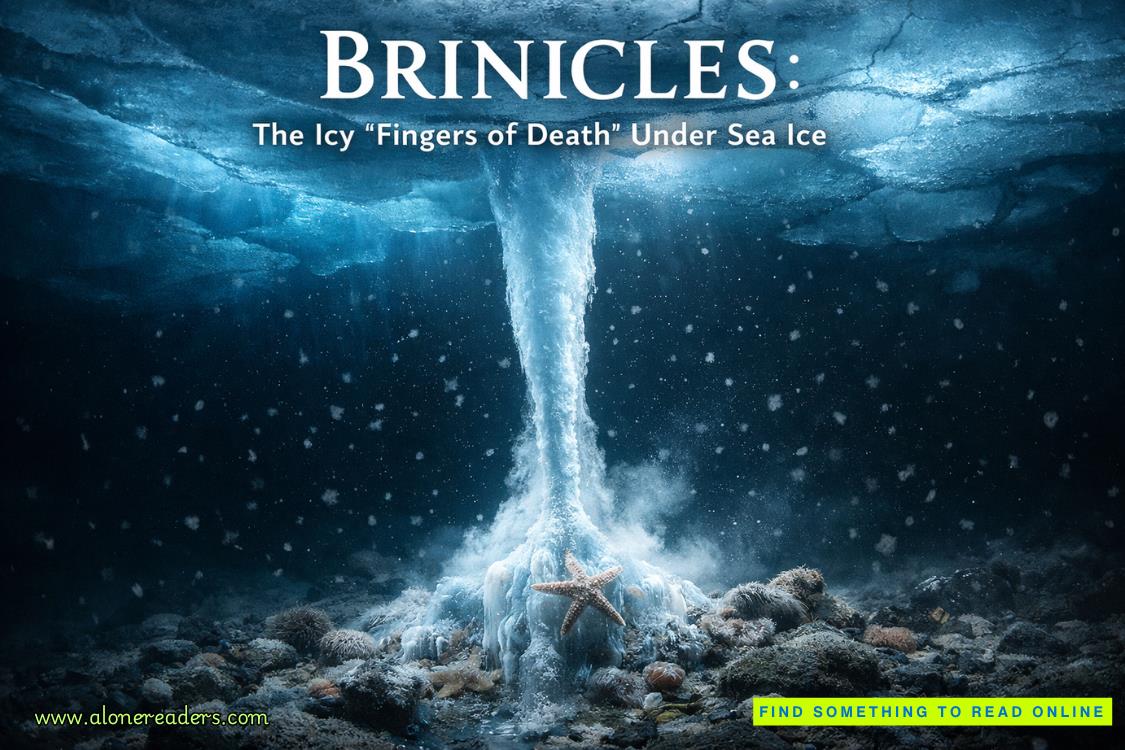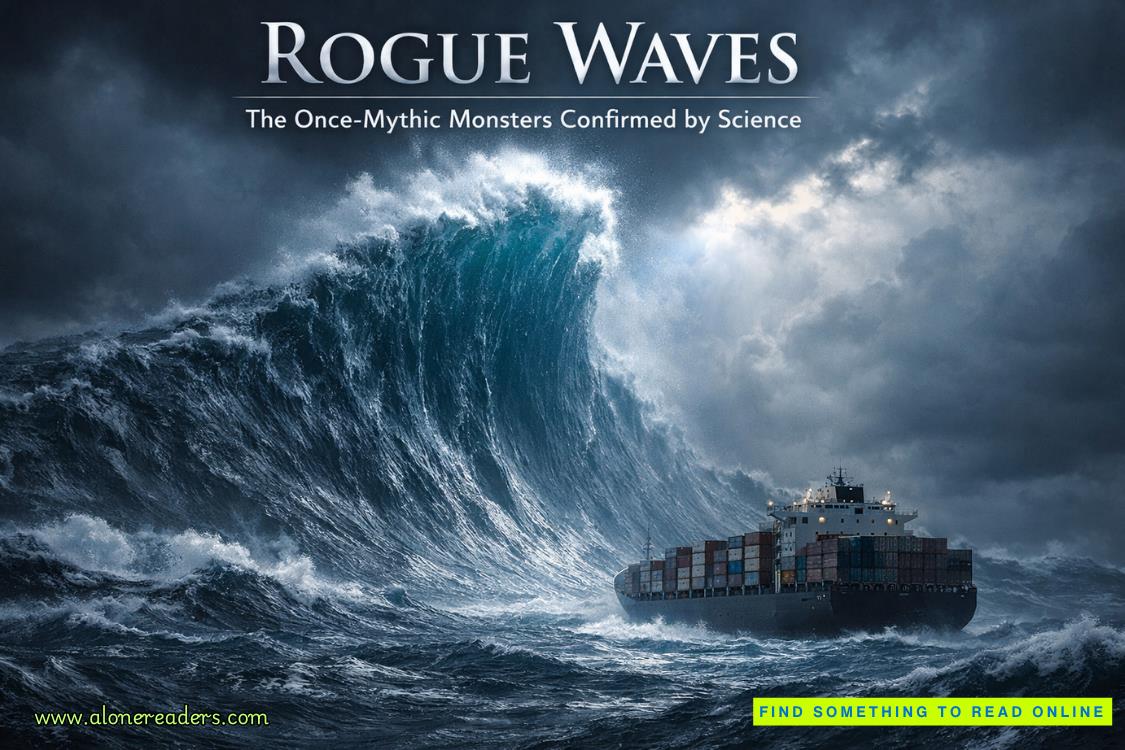My fingers touched fabric—a hospital gown, thin and exposing. Beneath it, someone had been careful with the dressings. Professional work. Precise.
My memory clung to fragments: twisted metal, the taste of blood, and headlights cutting through fog. The rest was empty except for the growing certainty that staying in the hospital would be a mistake.
I breathed steadily, eyes barely cracked open, and let the hospital's rhythm wash over me. My room had two exits—the main door leading to what sounded like a busy hallway, and a smaller one that probably led to a bathroom. The window was too narrow for anything but a desperate last resort.
Footsteps approached in soft-soled shoes. A nurse appeared in my peripheral vision, a middle-aged woman with tired eyes and competent hands. She checked the IV flow rate, adjusted something on the monitor, and scratched a note on a tablet.
"How's our mystery patient?" It was another voice from the doorway—younger, male, probably a resident.
"Stable. Vitals are good. Dr. Reyes wants another blood panel in the morning." The nurse moved toward the door. "Still no ID and no emergency contacts. Police said they'd be back tomorrow to try again."
Police. My stomach clenched, but I kept my face relaxed.
"GSW and an MVA? That's unusual." The resident's voice faded as they moved down the hall. "Wonder what his story is."
I was still a John Doe in their system. That was useful. It bought me time.
Twenty minutes later, I heard different footsteps. Heavier. They paused outside my door and lingered longer than the medical staff. Someone was watching, but I didn't sense a predatory weight.
Through my half-closed lids, I saw him. Tall, broad-shouldered, wearing a uniform I recognized—Seattle Fire Department EMT. Dark hair, steady posture. He stood with his hands at his sides, without nervous energy or fidgeting. He was merely present, like he was keeping watch.
A passing nurse nodded to him. "Evening, McCabe. Your patient's doing well."
McCabe. The name clicked—he was the one who'd found me. He'd pulled me from the wreckage, placed his hands on me, and stabilized my body.
He turned slightly, and I saw him in profile. Strong jaw, focused eyes. I thought I saw worry about me.
When was the last time someone worried about you?
I clamped down hard on the thought. Sentiment was poison in my line of work—former line of work.
McCabe took half a step into the room, then stopped. Our eyes met through my fake sleep, and for a heartbeat, I thought aboutletting them open fully. I'd acknowledge that he'd been seen, and his presence had been noted.
That would require trust, a luxury I didn't have.
He stood there another moment before turning away. His footsteps retreated down the hall, steady and unhurried.
I lay in the antiseptic silence, staring at the empty doorway, and tried to ignore the tiny sense of loss when he disappeared.
I gave myself another hour to map the hospital's rhythms. Institutional spaces ran like clockwork—predictable patterns I could learn, analyze, and exploit.
The evening medication round came at nine-fifteen. There was a soft knock, a cheerful voice, and pills in a small paper cup. The food service cart squeaked past at ten-forty-seven. Night shift rotation happened around eleven, marked by the shuffle of tired feet and muffled conversations about patient handoffs.
I'd crashed just before midnight. It was nearing 11 PM now. It had been almost twenty-four hours since the auto accident.
I tested my limits with careful precision. Pressed the call button and asked for water, timing the response—four minutes, thirty-seven seconds. Not bad for a busy unit.
I rearranged my position in bed with a convincing groan, noting which staff member appeared first. The night nurse, Patricia, according to her badge, responded to distress calls. The orderly, Miguel, handled the routine requests.
Both were competent. Neither was suspicious.
When Patricia brought ice chips, I studied her routine. She had keys clipped to a retractable badge reel. In her left hand, she held a tablet, and reading glasses hung from a chain around her neck.
Miguel was more interesting. He restocked supplies from a cart parked in the hallway—surgical gloves, disposable gowns, and towels. The cart sat unattended for long stretches while he worked in other rooms. Hospital scrubs hung from a rack nearthe nurse's station, and I'd watched two different people grab fresh ones without signing anything out.
The IV line was the primary concern. Pulling it would cause bleeding and maybe set off alarms if the drip chamber went empty too fast. The tape job was standard—medical adhesive, not restraints—thirty seconds to remove it cleanly.
Security made rounds every two hours. I'd seen the guard twice—an older man, more interested in his coffee than patient rooms. He checked doors more than he checked people. That suggested they were watching for intruders, not runners.















